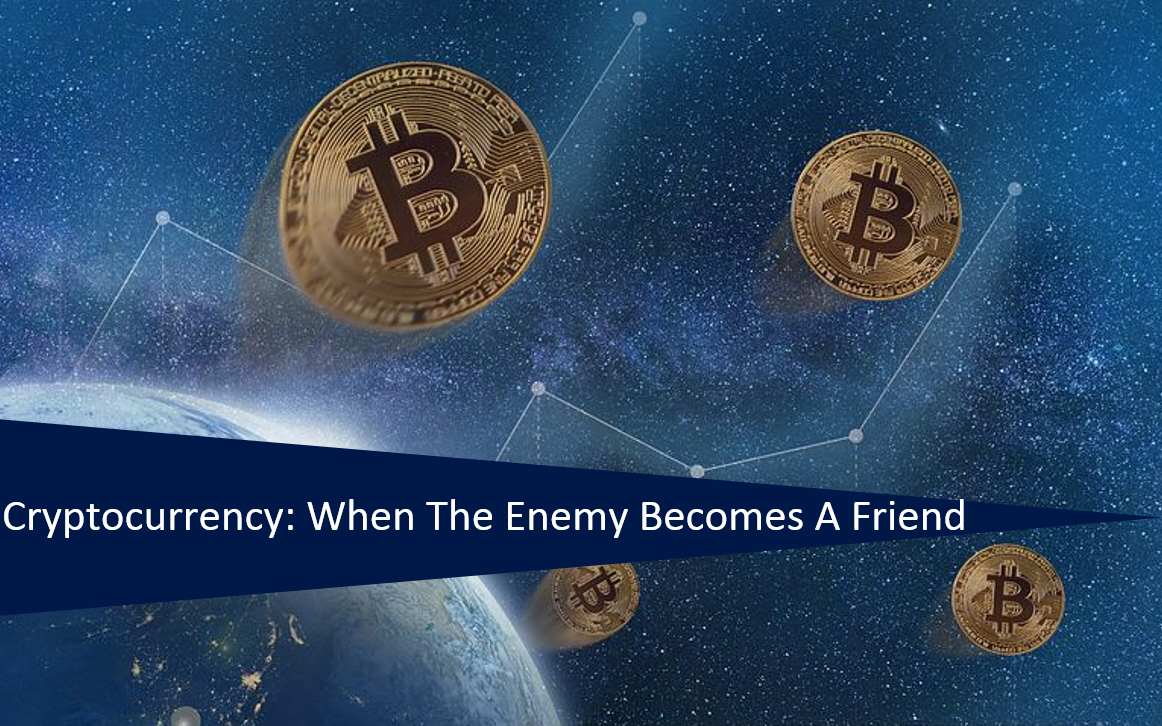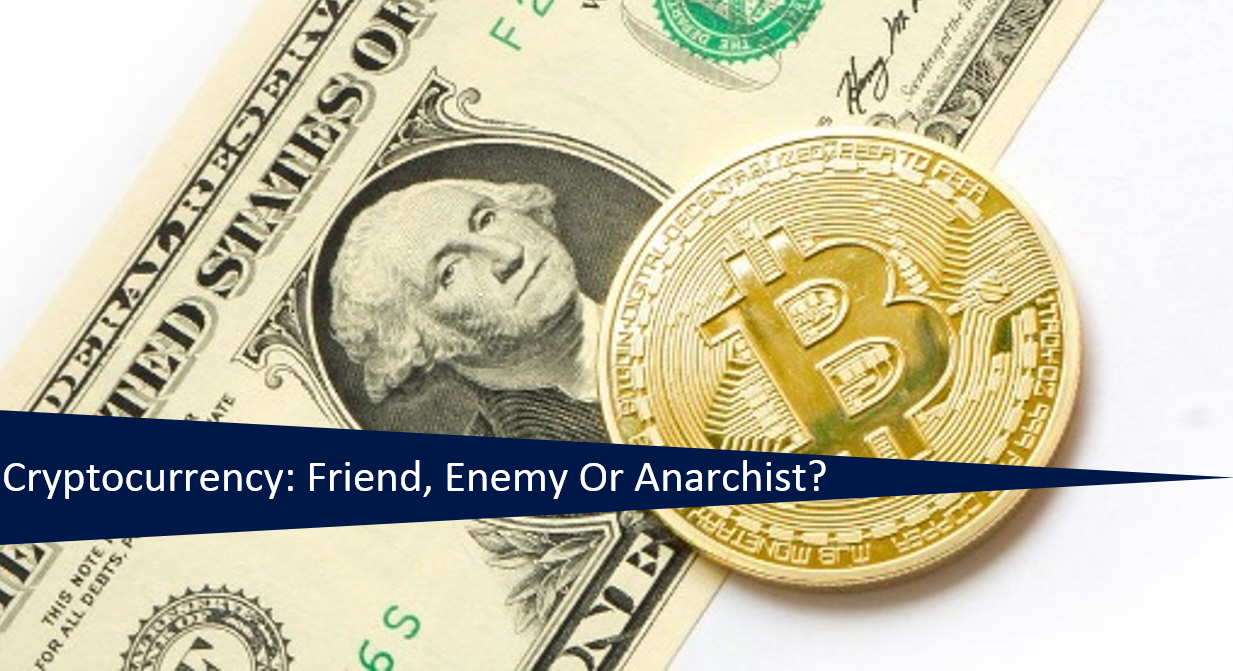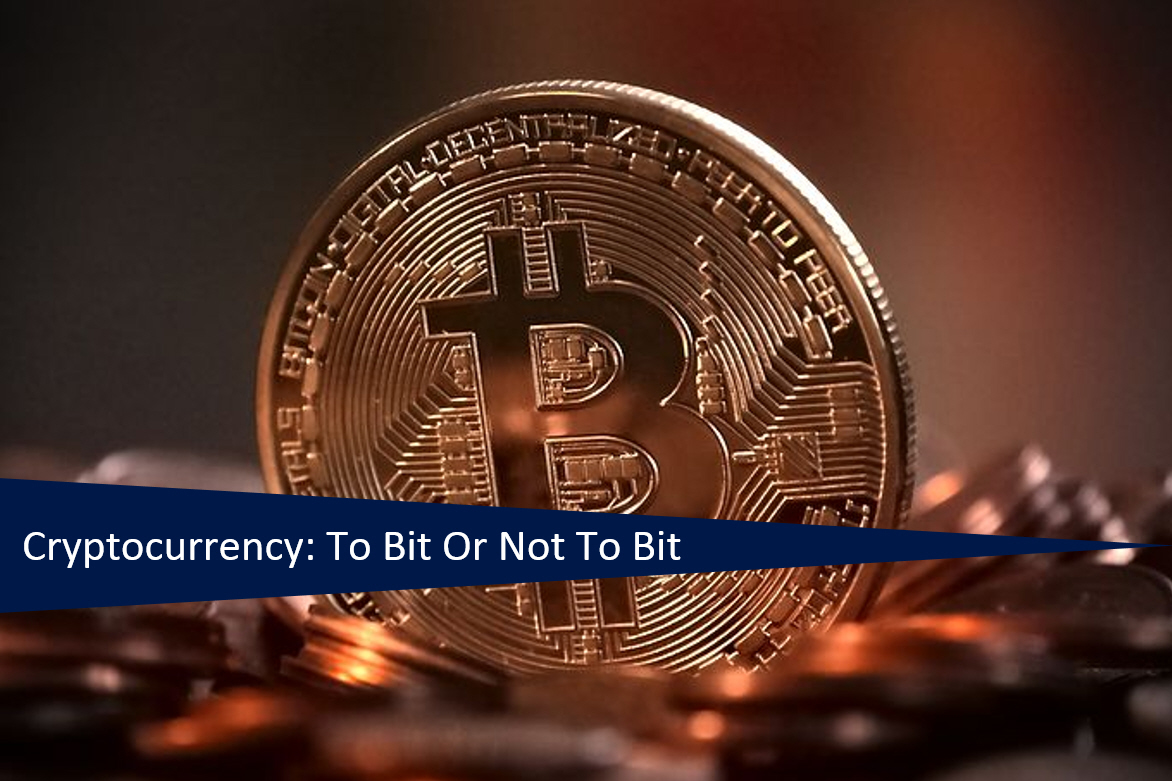
In my previous post When the enemy becomes a friend I elaborated on the role of the opposing forces, how governments are dealing with these forces, a cookbook for regulation and the hysteria. We’ll take it from there.
Back to the fight between black and white?
What I miss in the discussion is a respectful exchange of opinions. It seems that “pro” cryptocurrency fractions deny any doubts, almost like defending a religion. Making a “contra” cryptocurrency statement can result into being called an idiot, not having understood the concept of Bitcoin, blockchain, decentralized databases, etc.
Whereas the “contra” cryptocurrency fractions give you any reason why cryptocurrencies are bad. Both fractions persuade each other that their idea of belief is mistaken. What happened to our discussion culture?
Both sides are right in their perspective.
Is cryptocurrency bad for the environment?
Not to be underestimated is the horrendous power consumption, which requires a single Bitcoin transaction. The complex calculations for a single transaction require a couple of hundred kilowatts of electricity. This is comparable to the energy consumed in a house for a week. The amount of energy produced may not be enough in the future to systematically maintain Bitcoin calculations.
On the other hand, how many bank branches do you need in the future? The entire Bitcoin network uses as much as energy as a couple of branches of a major bank.
The underlying blockchain technology will become faster and cheaper and platforms will be more stable and secure. Hence, there are ongoing forces in limiting the impact on environment.
Will cash survive?
For some time now, the abolition of cash has been medially controlled and there are more and more people who are falling into this trap. The aim of the PR campaign against cash is to use virtual money only in the future, because it seems more convenient. The argument “I have nothing to hide” is a kind of blank check to the state to interfere with privacy and a handover to the state as an unsuspecting citizen. Or as Edward Snowden quoted: “Arguing that you don’t care about the right to privacy because you have nothing to hide is no different than saying you don’t care about free speech because you have nothing to say.”
A similar approach by the central banks is to stop issuing larger amount bank notes such as the 500 euro note. Official argument is to fight money laundering, however, the true reason is to abolish cash in the long run.
What the forces in favor of abolishing cash are not telling you is that you will give up your freedom and privacy. I like cash because it represents freedom, free choice and keeps your privacy. Cryptocurrencies, however, have the feature that every single unit or a fraction of a unit is traceable throughout its entire history of existence. You may not know the owner of the account, unless they identify themselves. The governments will introduce new laws not only to disclose the owner of the accounts but all parties involved in a business will be obliged to disclose their identity. The hidden agenda is to collapse the Bitcoin and to come up with a new and fully controlled cryptocurrency.
Conclusion
Monetary systems are changed about every 40 to 60 years. The current system in use is the fiat monetary system since 1971. The acceptance of fiat money is only by law enforcement and not necessarily by trust per se into a currency but rather on what we believe we can buy with it and the expectation that the seller accepts our money. The problem are not the currencies, it is the system which manages the currencies.
More and more people and investors lose confidence in fiat currencies such as euro and the US dollar. These currencies are already on the deathbed when we take an average age of 50 years for a monetary system age of around 50 years. The euro was born with some serious disease without having done his homework and later bypassing agreed rules. The dollar before and after 1971 are like two different currencies because they are backed up with two different systems.
It is not only the expiration of a monetary system in its last days, it is also a power game between new raising nations (China) against old super powers (US). For example, the Shanghai International Energy Exchange (INE) is setting up a domestic trade on oil futures to enforce its own currency by allowing foreign investors to settle their contracts in local currency and not in USD anymore. Eventually they have the ambition to replace the Petro-Dollar with Petro-Yuan.
On the other hand, there are over thousand different cryptocurrencies and around hundred have a usage. Bitcoin is a perfect candidate to be manipulated and destroyed by the ones which plan a PR campaign for a new cryptocurrency, which will eventually replace Bitcoin and will be somehow under the control of the government.
One of the unique characteristics about cryptocurrencies is the ability to have traceable transactions which stay forever in the blockchain ledger. The real challenge for government control is to have access to the owners behind the virtual wallets.
Therefore the banks and the government are pretty relaxed and look at the ups and downs of Bitcoin until it will crash. People will lose all their Bitcoin cryptocurrency money overnight. Once the people become insecure about Bitcoin, government and banks will come up with a new fiat cryptocurrency or pseudo cryptocurrency, as long it is under the control of them.
Whether it is the KYC and AML approach or the ownership of the Lightning Network. There will be soon a “solution” ready. How about calling it “Phoenix”? The Economist put it on the front page. By the way, we missed a small detail, it was already 30 years ago in 1988. Is this a déjà-vu or has the time now came to release the nightmare from the matrix? Some plans need the right moment to be executed. To implement a new world currency, you need a crash or a crisis to have a total currency reset.
Is a government controlled cryptocurrency possible?
With the introduction of anti libertarian laws, government and banks started their war against the real cryptocurrencies. With cryptography, open-source and a decentralized network which is the core of blockchain, the ability to transfer value peer-to-peer immediately and cross border (as long as you have an internet connection), bypassing banks and government control as the intermediaries is not in the interest of established institutions. Governments will not allow private based cryptocurrencies to co-exist alongside government based (pseudo) cryptocurrencies.
The crucial point is: how can you control the money flows? It is possible by disclosing the identity of the sender and receiver of the digital transaction in the blockchain. In other words, who is the owner of the digital cryptocurrency wallet? Governments will ensure law enforcement to have full visibility of the participants in the blockchain. Hence, if they do not have access to real cryptocurrencies, they will enforce laws to have indirect access by getting the required information.
Another potential scenario is that banks will enforce a law to ensure the ownership of the Lightning Network so that participants will use the infrastructure with fast speed and low fees instead the current high fees low speed scenario. They will propagate it with the required digital liquidity required to avoid shortage of digital cash and the advantage of high speed and low cost transaction fees.
Perhaps a different scenario is to introduce another product. Similar to cryptocurrency, but under full control by government and banks. Basically the question would be: how can we replicate fiat money, digitalize it and promote it under a pseudo cryptocurrency product to the masses? A new product, after the Bitcoin crash, which is secure, AML compliant, highly acceptable and a government supported new digital currency. I hope that we will not fall into the trap, however, by law enforcement, what choices do we have?
Prediction
Cryptocurrencies will somehow impact the future, but not only by one. Which cryptocurrency it will be is hard to predict. Candidates today on the stage are Bitcoin Cash, Monero, Ethereum, Zcash, Ripple and Dash. It is possible that cryptocurrencies will keep growing if the critical mass will start moving towards decentralized and programmable money. As long as the speed and fee issues remain unfixed, other mobile payment systems such as Twint will aim to make it easier to transfer money within seconds with almost no fees. But these alternative payment need a bank to be supported and therefore are more or less a replication of the old system.
People want to have simple ways when it comes to use or transfer money. Whether it is cryptocurrency, digital cash or mobile payment systems. A cashless society means giving up your freedom and control though.
We will see how it will be used. I am not referring to Bitcoin as it is used for speculation, I am thinking about daily usage, like Bitcoin cash. There are many possibilities regarding blockchain based solutions or integrating those solutions into mobile payment systems or credit card providers. Like in the cloud, there are many possibilities – private cloud, public cloud, hybrid cloud, etc. The same kind of approach can be used with the blockchain technology. There are many different hybrid scenarios possible. For example, Lombard Odier uses the blockchain technology to process a bond with a result of reduced transaction fees and time for settlement.
We need something that has the good parts of existing currencies, like gold as an accepted value and the convenience of cash. With the usage of decentralized systems, cryptocurrencies take advantage of the network effect. If the consumers will profit from the network effect, cryptocurrencies will become more accepted.
The one which will take the lead will most probably be a new (pseudo) cryptocurrency from a PR campaign, pushed by banks and the government and not a libertarian (real) cryptocurrency from the geeks and the nerds.
Cryptocurrency is only one aspect. The blockchain as the ledger for any asset will definitely change the financial industry. Bitcoin may be lost in significance soon, however cryptocurrency and blockchain will remain.
The cryptocurrency just happened to be the first application for blockchain and the only constant thing is change. Nothing will stop progress.
The post Bitcoin cryptocurrency era will stop people from using cryptocurrencies not approved or not under control of the government. In the post-crash time though, we may live in a world of parallel currencies, each of them used for a different purpose. I would not mind having a local Aarau currency, where I will support my local stores. A parallel currency which circulates within a smaller territory, where the participants support local business and consume local products.
A currency accepted by people and not forced by institutions. Something like the Totnes Pound or similar to that. You could start with paper money, which has more a symbolic character and then move to a digital platform to enable businesses to trade amongst themselves in much greater volume than paper money. Eventually, why not moving to a new local cryptocurrency or even launch it from scratch?
A currency which I can trust, which is not used for speculation, a currency which is used for real values. Real value like based on work and not to be confused with watching the raising prices of a cryptocurrency portfolio, hoping to earn easy money when participating in a kind of crypto gold rush.
Would that be possible with a cryptocurrency? Trust is important. Trust generates a win-win scenario.
Will anarchy, libertarianism or mainstream prevail? Stop dreaming! Because then, unfortunately, history repeats again. Two hundred years ago, Napoleon Bonaparte already said “When a government is dependent upon bankers for money, they and not the leaders of the government control the situation, since the hand that gives is above the hand that takes. Money has no motherland; financiers are without patriotism and without decency; their sole object is gain.”
Do we all want freedom, stability and the power to the people? The old utopian dream? If you are trapped in the system and you could suddenly lose your philosophy, your worldview falls apart. That hurts. So you may want to keep control, power for a few and keep the profits. It’s your choice to decide what you believe. When awareness raises, the surrender of ego becomes easier. It’s all about if you believe in something or not. Be careful believing in something which has been produced by others that you should believe in. As we know, belief can move mountains. Currently the majority believes in a never ending Bitcoin price growth.
At least, we are living in exciting times and are witnessing radical changes. Not only in the cryptocurrency space out there.
What is your opinion on cryptocurrencies? Happy to exchange comments.





